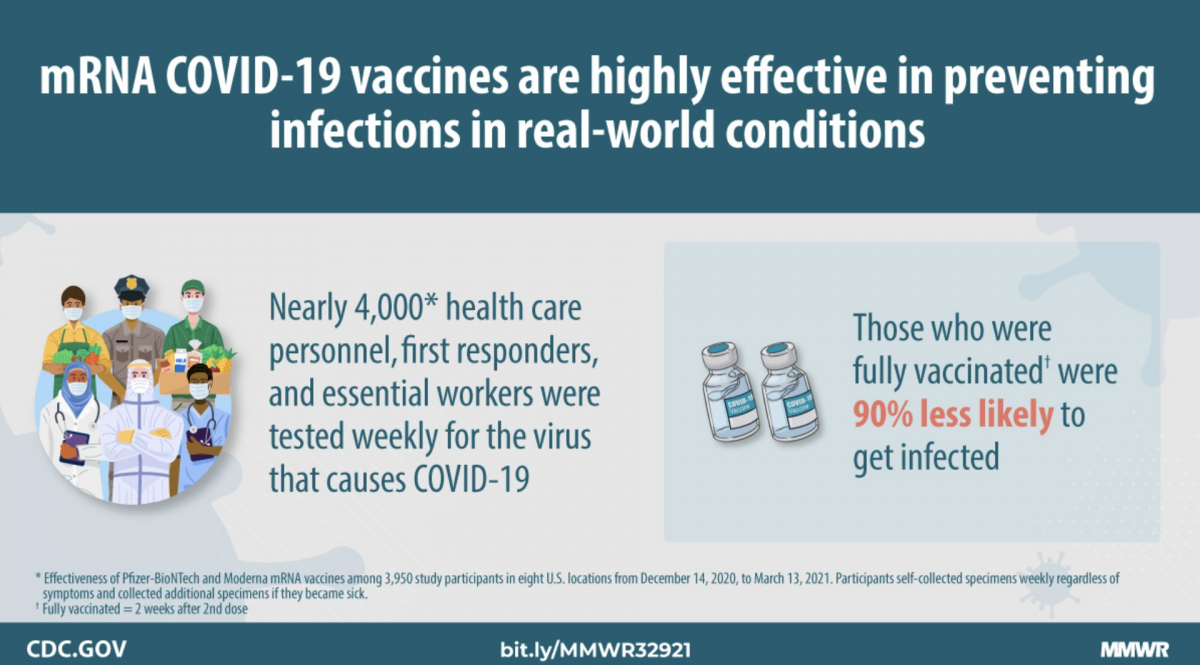Understanding Vaccine Efficacy:

Vaccine efficacy refers to the ability of a vaccine to prevent disease in a vaccinated individual compared to an unvaccinated individual. It is a percentage that reflects the reduction in disease occurrence among those who received the vaccine. For example, a vaccine with 90% efficacy means that 90 out of 100 people vaccinated will not develop the disease, compared to an unvaccinated group.
The Science Behind Vaccine Efficacy Studies:
Vaccine efficacy studies are complex and rigorous endeavors, involving thousands of participants and meticulous data collection and analysis. They typically consist of several key phases:
1. Phase 1: Safety Testing: The initial phase focuses on safety by evaluating the vaccine in a small group of healthy volunteers. Researchers monitor for any adverse reactions or side effects.
2. Phase 2: Dose Determination and Further Safety: In this phase, the vaccine is tested in a larger group of participants to determine the optimal dosage and further assess its safety.
3. Phase 3: Efficacy and Safety Testing in a Wider Population: The largest and most crucial phase involves thousands of participants and compares the vaccinated group to an unvaccinated control group. Researchers meticulously track the incidence of the target disease in both groups over a defined period.
4. Phase 4: Post-Market Surveillance: Even after approval, vaccines are continuously monitored for long-term safety and efficacy in the general population.
Types of Vaccine Efficacy Studies:
Randomized Controlled Trials (RCTs): The gold standard in clinical trials. Participants are randomly assigned to either the vaccine or control group, minimizing bias and providing reliable efficacy estimates.
Observational Studies: These studies do not involve random assignment and rely on observing disease occurrence in vaccinated and unvaccinated populations. While helpful for generating hypotheses, they are less definitive in establishing causal relationships.
Factors Influencing Vaccine Efficacy:
Several factors can influence vaccine efficacy, including the type of virus, the individual’s immune system, and adherence to vaccination schedules.
Virus Mutations: Certain viruses, like influenza, constantly mutate, potentially reducing vaccine effectiveness.
Age and Health Status: Younger children and individuals with weakened immune systems may have a lower vaccine response.
Other Pre-Existing Conditions: Certain medical conditions may affect vaccine efficacy.
Analyzing Vaccine Efficacy Data:
Researchers analyze vaccine efficacy data using statistical methods to determine the significance of observed differences between vaccinated and unvaccinated groups. Importantly, the efficacy rate reported is an estimate based on the study population and may not perfectly reflect real-world effectiveness.
Transparency and Public Access:
Vaccine efficacy studies undergo rigorous peer review before publication in scientific journals, ensuring transparency and credibility. The data and results are accessible to the public, allowing for independent scrutiny and interpretation.
FAQs:
- How long do vaccine efficacy studies take?
Vaccine development and testing is a multi-year process, with efficacy studies often taking several years to complete.
- What are the ethical considerations in vaccine efficacy studies?
Strict ethical guidelines are followed, ensuring participant safety, informed consent, and equitable access to benefits.
- Are vaccines tested on animals before human trials?
Pre-clinical testing in animal models is often conducted to assess initial safety and immunogenicity before human trials.
Conclusion:
Vaccine efficacy studies are cornerstone of public health research, providing crucial evidence for the safety and effectiveness of vaccines. These meticulously designed studies rely on rigorous methodologies, transparent data analysis, and ethical considerations. The results inform public health policies, healthcare decisions, and ultimately contribute to protecting individuals and communities from preventable diseases. By understanding the science behind vaccine efficacy studies, we can better appreciate the vital role they play in safeguarding public health.
Closure
Thus, we hope this article has provided valuable insights into Vaccine efficacy studies. We thank you for taking the time to read this article. See you in our next article!